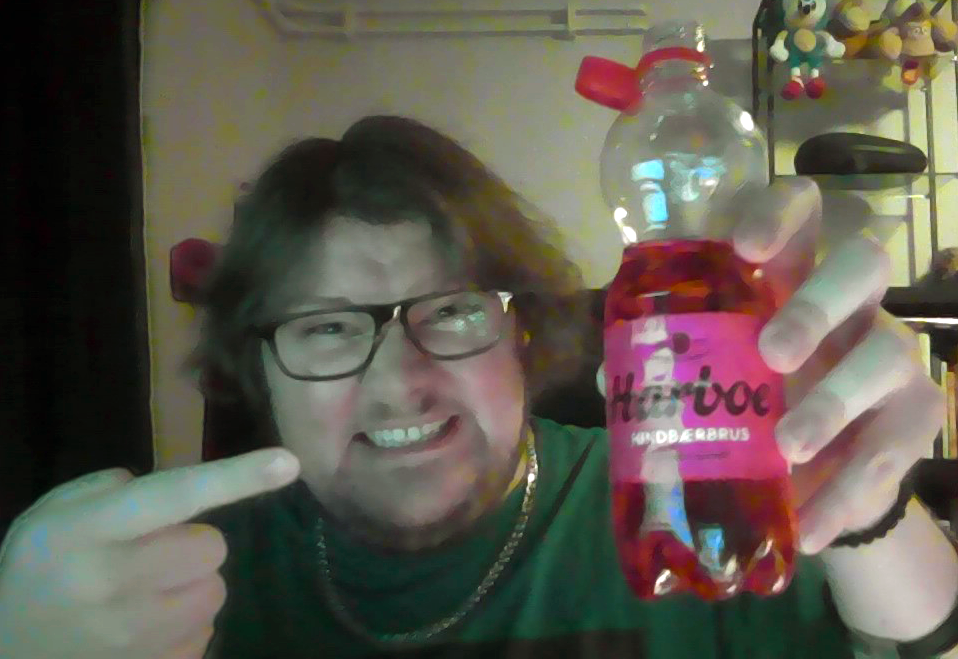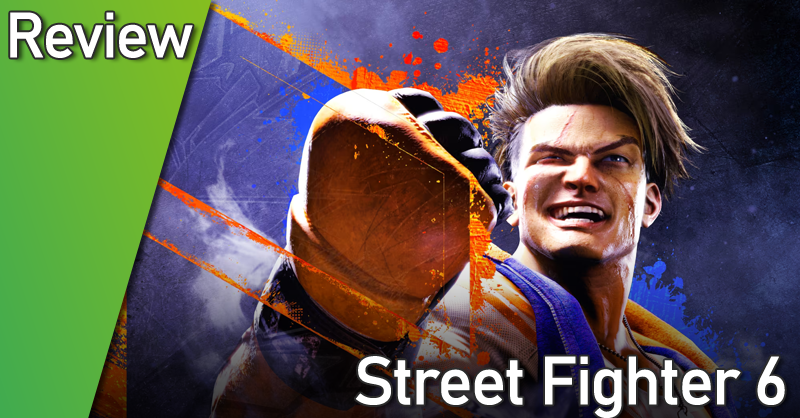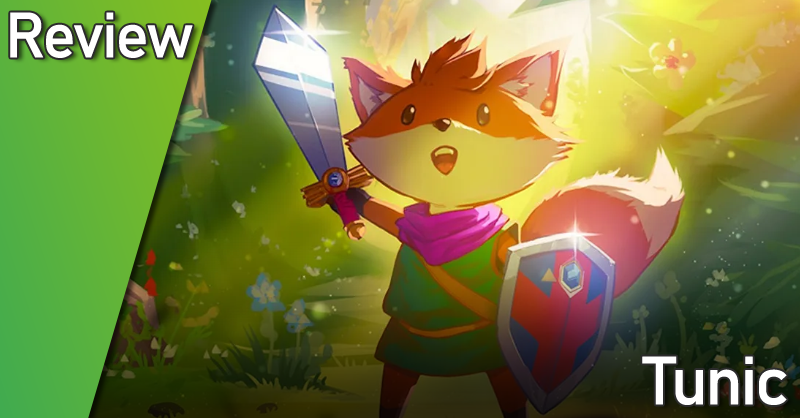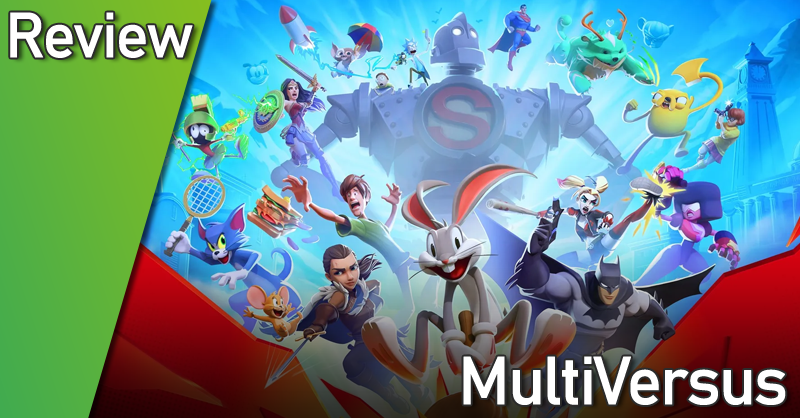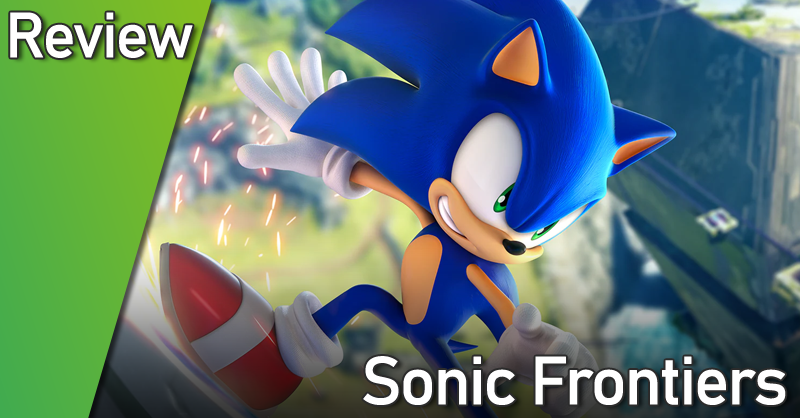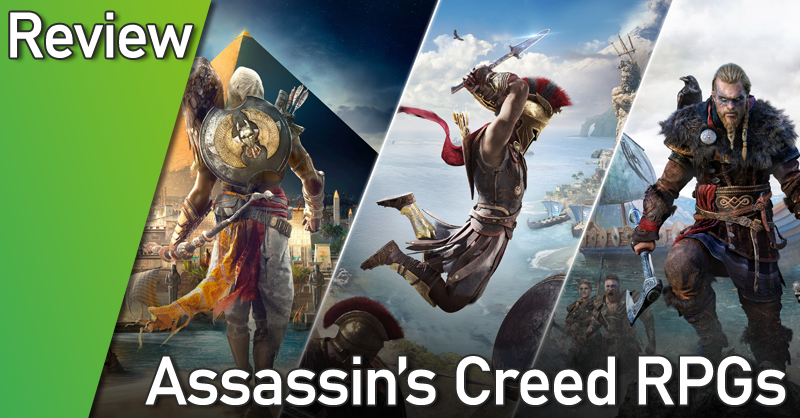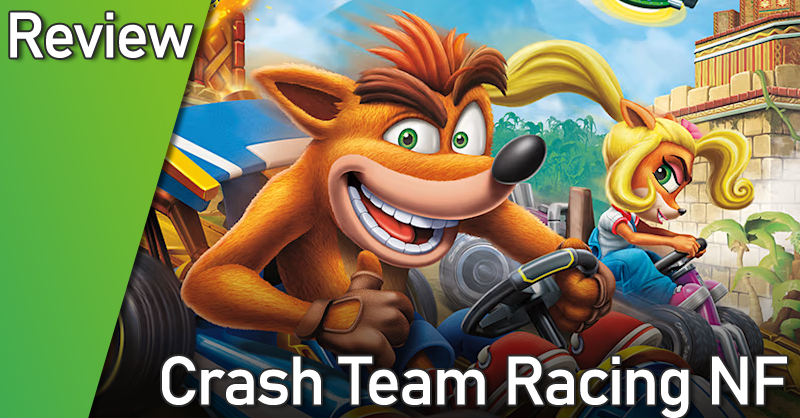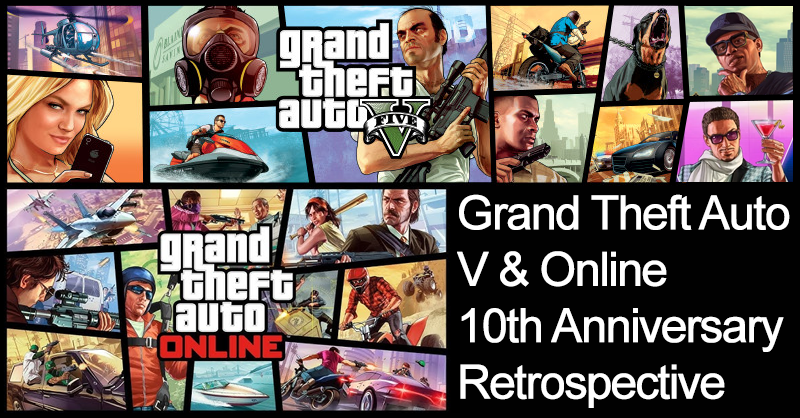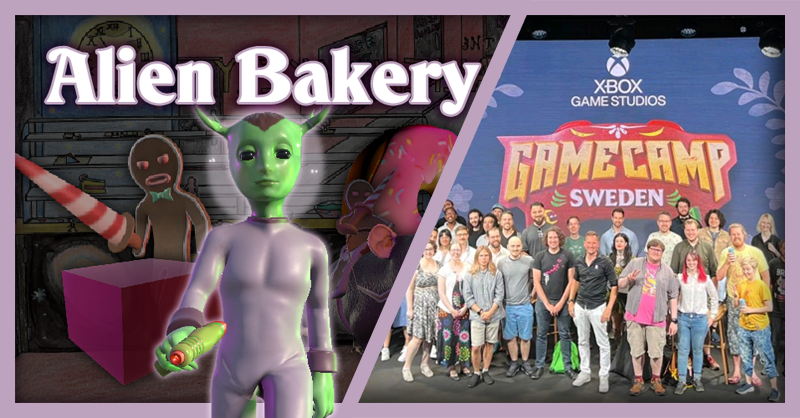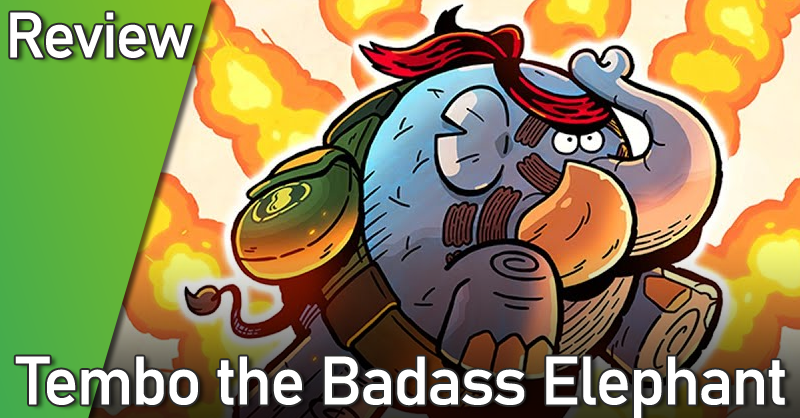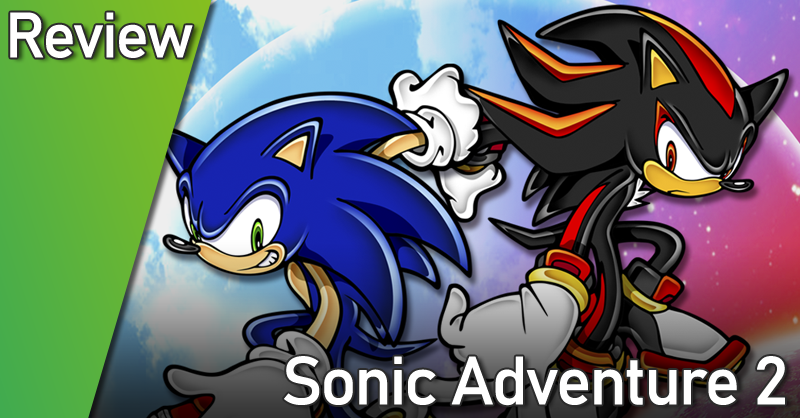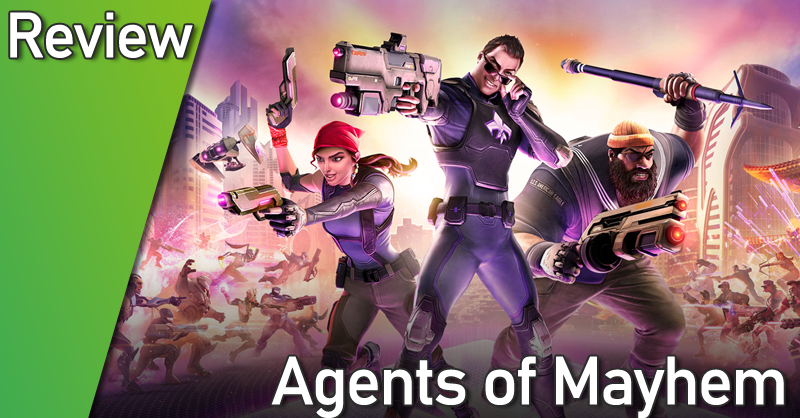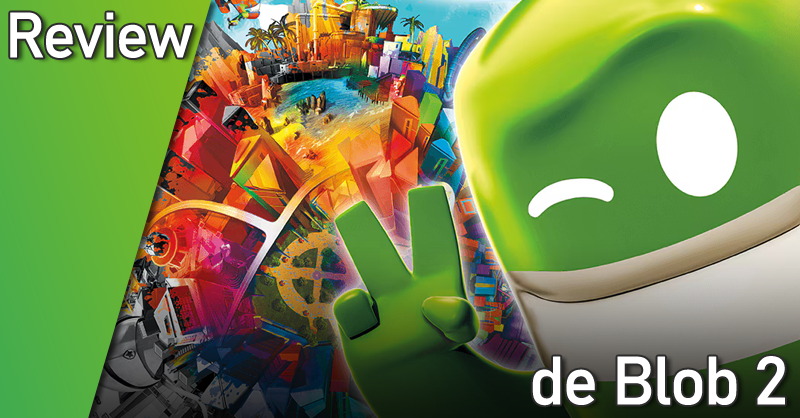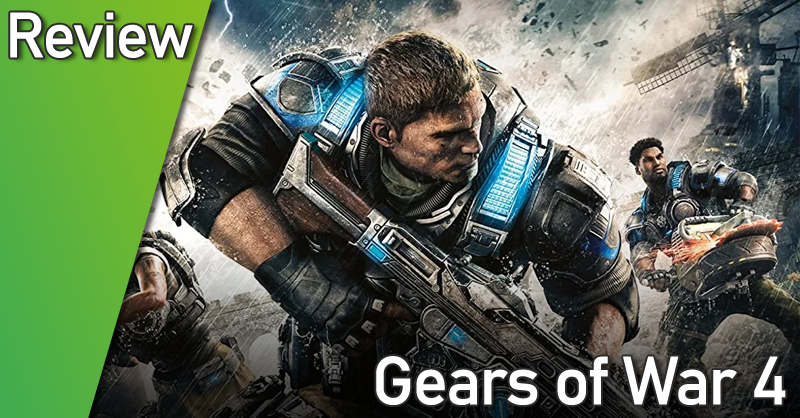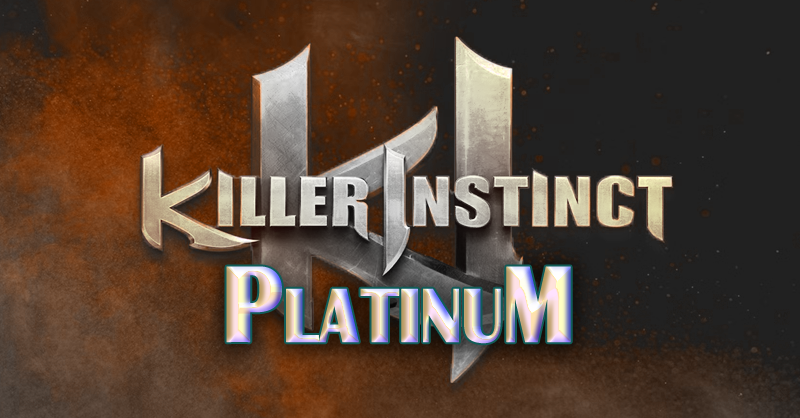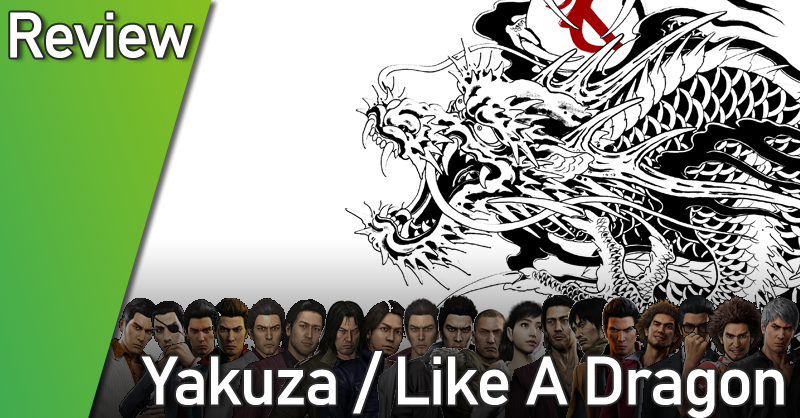Fighting games are a difficult topic for me in many ways. I like the concept of many unique characters in a fighting game way, each character being memorable in a way and where they each play totally different. At the same time, it's really annoying when a character you want to play as plays in a way you don't like. I like playing fighting games, and I like inputting all these weird commands to perform cool actions. I suck at them though, in a way where I know how to play them, but I need to have a relatively low difficulty set for any kind of arcade mode. I play a lot of fighting games, but really only Killer Instinct, Smash Bros, and Capcom, so not a lot of variety in terms of developers. Now that you have some background info on me and fighting games, let's get started.
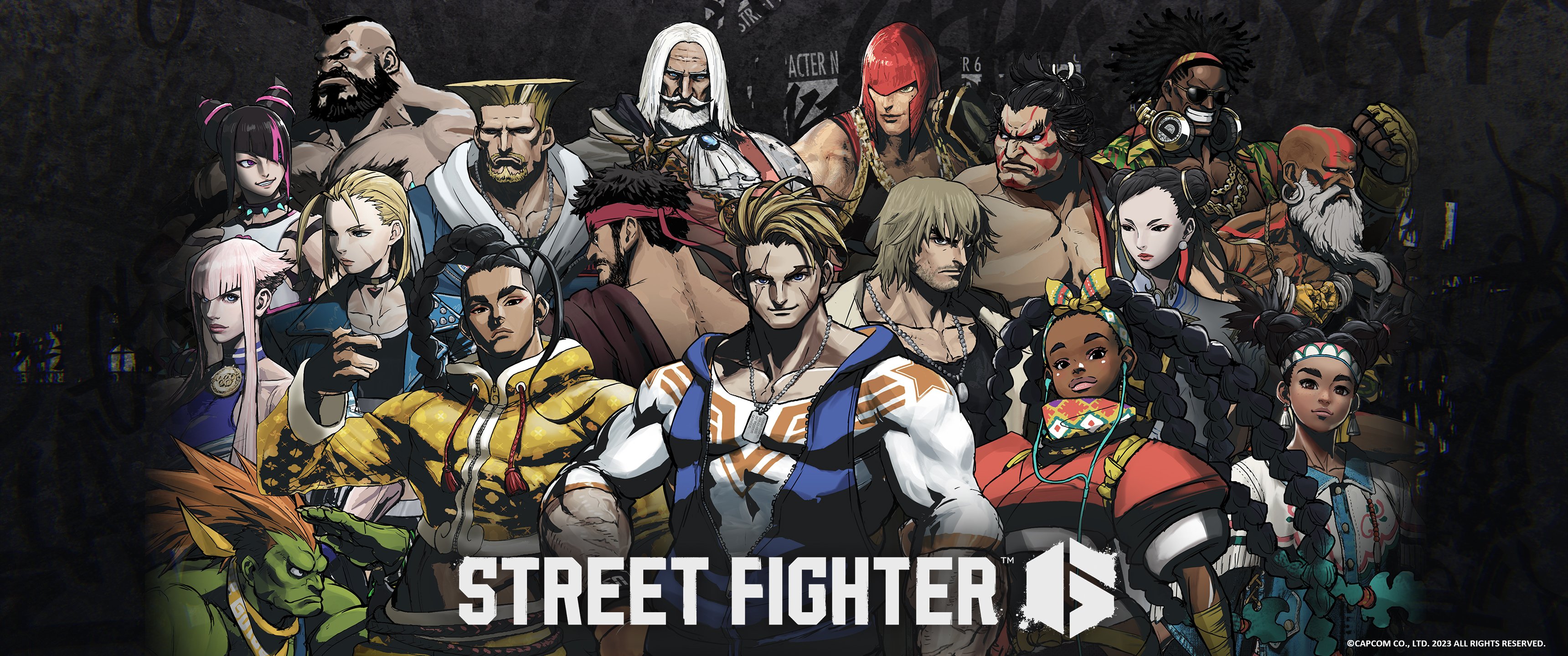 Street Fighter 6's roster at launch.
Street Fighter 6's roster at launch.
This is a review of Street Fighter 6, Capcom's latest fighting game. However, this review only takes into account what has been made available during the first month, which is the base game, the first Fighting Pass (Early Summer Vibes), and a few other tidbits. The game is divided into three components (Fighting Grounds, Battle Hub, and World Tour), so I'll go over each of these separately. Before I do that, let's go over what you'll generally experience in the game: the stages, the roster, the music, and the gameplay.
The stages are varied, as they usually are. Fête Foraine is visually distinct from Thunderfoot Settlement, which is visually distinct from Dhalsimer Temple, etc. The stages come in a variety of colors, though each one look a bit washed out. The focal point of the stage's background seems to be a bit foggy and therefore out of focus, making them lose a bit of clarity. Not a huge complaint, not one easily noticed during gameplay, and likely intentional to make the characters stand out more, but a nitpick if you will.
The music is good. They've gone in with a heavily hip-hop inspired soundtrack, and that combined with the overall aesthetic of the game just fits so well. The only songs I dislike are Guile's, both his theme and his stage theme. They're just so weird sounding, especially when compared to his well-known theme from SFII. Of course, every returning character having new themes is also something to get used to, but they sound good. I'm especially a fan of Ryu's new theme. One final note before I move on, the song used for Metro City in the World Tour is so funny. I start World Tour, stand in the middle of Beat Square, and hear the three descending "Mweh" notes, and my emotions just deflate. Just imagine, someone wants to buy something, they look in their pockets for their wallet, eventually turning their pockets inside out, and that's the moment the notes start playing.
The launch roster is fairly small, coming in at 18 fighters. Including the 4 characters from the Year 1 pass, there will be at least 22 fighters in the game, which is equal to that of Street Fighter V and its first year of characters (16 + 6). However, the characters are more fleshed out than in V, plus all the other content available in game makes this roster much more bearable than it was for its predecessor. The roster at launch contains the 8 classic World Warriors, 2 New Challengers, Juri from Street Fighter IV, and 7-ish newcomers (the -ish is for Luke). The World Warriors are already a varied bunch, and the same can be said for the newcomers. Each returning character also received a redesign, each one looking great, especially Dee Jay. Overall, I would say there is not a single bad character, just some I'm less excited about. Throw in a few more for launch and it would've been perfect.
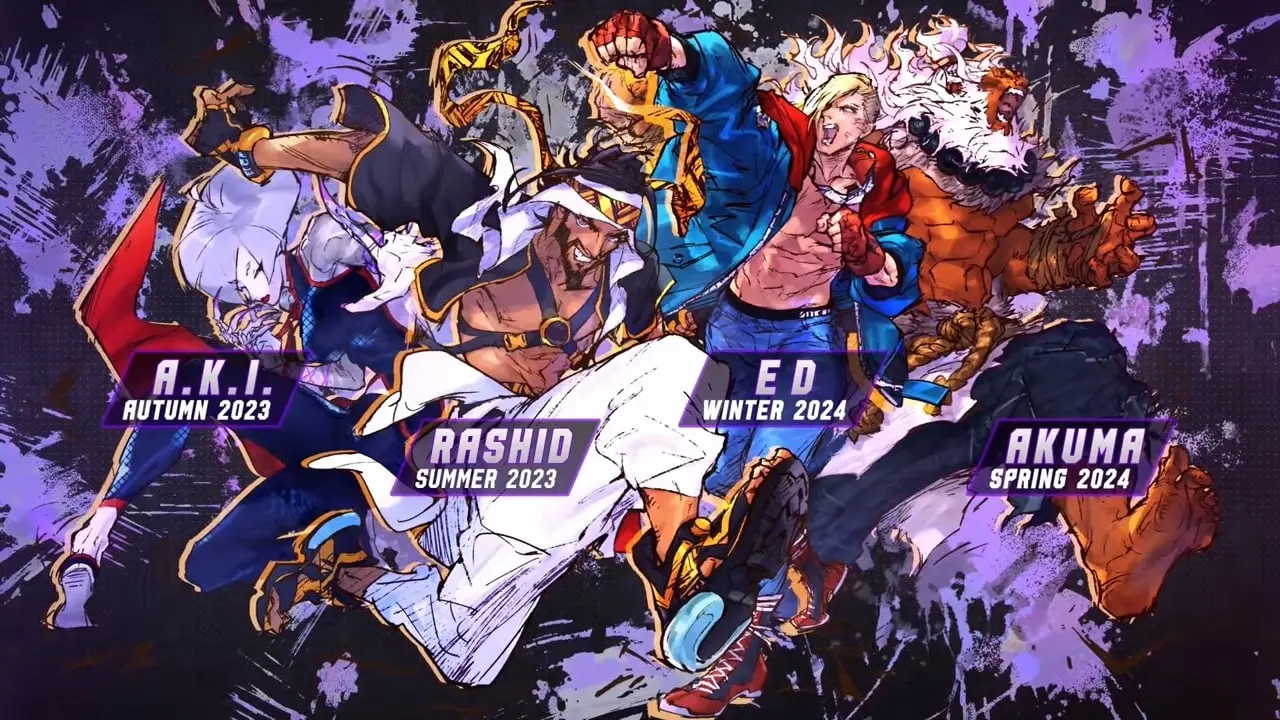 Characters to be added as DLC throughout the game's first year on the market.
Characters to be added as DLC throughout the game's first year on the market.
As for the gameplay, it's great. It mixes aspects from each game of the series and combines them into a sort of all-star game in terms of gameplay mechanics. You've got Supers from II, parries from III, Focus Attacks from IV, and character specific abilities from V's V-Skills. Characters have a huge amount of depth, with tons of specials and unique attacks. EX moves have been split away from the Super meter (which is now only used for Supers), now instead being part of the Drive Gauge. With the Drive Gauge, you can perform Drive Parries where you continuously parry by holding down the buttons, Drive Impacts which stun or knock away your opponent, Drive Reversals done after blocking an enemy's attack, Drive Rush which is essentially a better dash, and Overdrive Arts which act as the game's EX moves. Every action you perform with the Drive Gauge drains it, but it can be refilled. Using all of these mechanics feels good, and it also keeps you on your toes as completely draining the Gauge will put you in a Burnout state where you cant perform these mechanics, plus you can be stunned and take more damage. A very well realized system that works very well with the rest of the gameplay, which feels like a typical if not more fluid Street Fighter otherwise, my only problem being that I keep mistaking Drive Parries for Killer Instinct 2013's Combo Breakers. I also need to mention Modern Controls, which seem great for new players, but I haven't tried them much.
Now that we've gone over the basics, let's delve into the aforementioned components, starting with Fighting Grounds. This is basically where to go for your typical Street Fighter activities, and they're each very typical in execution. From here you can access Arcade, Local VS, Online VS (Ranked, Casual, Custom), Practice, and Extreme Battles. Arcade is either 5 or 12 stages long, you can select 5 difficulties ranging from Easiest to Hardest, you can have Bonus Rounds active (destroy truck, parry basketballs (12 stages only)), and you can also have the character's story active, which consists of a few storyboard-cutscenes. Local VS is you VS a player or CPU, and you can also choose from a variety of team options (e.g 5v5, where only 1v1 is played for each). Online VS is probably the same as Local VS but online only (I haven't played this yet, not much of an online guy). Practice this time around is very fleshed out from what I've seen, with tons of character guides, combo trials, and options for frame data and the like (haven't played this either, actually). For Extreme Battles, there are several options to choose from, and you select what you want by combining an Objective with a Stage Hazard. These are just fun, if a little restricted as there are just 5 or 6 options for each category (5x5 = 25 unique combinations, but if you've played with e.g. one Objective you know what it is regardless of Stage Hazard), so I'm hoping more gets added in the future. All-in-all, Fighting Grounds offer a large selection of things to do, but maybe there's one or two things that could've been added to provide more value for the typical fighting game fan, what do I know.
 Example of the information that can be displayed in Training Mode.
Example of the information that can be displayed in Training Mode.
Moving on to the Battle Hub, this is not too different from the Fighting Grounds in all honesty. You enter one of many servers, and here you see a ton of player created fighters, known as Avatars (more on them later) running around, and there's a chatbox so you can talk to everyone. In the middle of the Hub there is an area where you can fight with your Avatar against other players' Avatars, each one retaining their stats from World Tour (again, more later). There are various arcade cabinets placed around a large Hub, and depending on where you choose to sit, what happens is different. Sit by one inside the central circular area and you'll fight Casual matches against the other opponent who sits by that specific cabinet. On the other side of the Hub from the entrance and to the right, there are cabinets for Extreme Battles, which rotate their settings in some way. On the other side of the Hub from the entrance and to the left, there are cabinets where you can play classic Capcom games, such as Street Fighter I, II, or Alpha 2, Final Fight, Magic Sword, Puzzle Fighter II, and more, on a daily, weekly, or monthly rotation. There are other activities as well, like DJ booths, photo booths, Avatar clothing store, and Tournaments (which I haven't partaken in yet). In other words, the Battle Hub is a good component for players who enjoy interacting with others.
I'll use this portion to briefly discuss the microtransactions found in the game. You can purchase Fighter Coins, with which you can purchase colors for your characters (each character only has color 1 and 2 unlocked for their starting outfit), new Outfits, stickers to use in the BH chat, and clothes found in the BH outfit store. I haven't looked at their pricing that much, but it seems okay in comparison to other games. Not too much, but maybe could've been cheaper. Anyway, the game also contains the Fighting Pass, and you can purchase a Premium version of it with Fighter Coins. The Free version basically gives you nothing, which is typical of Battle Passes' free versions. However, by purchasing the Premium version, you can get permanent access to one of the arcade games available in the Battle Hub. That's neat, and for 250 fighter coins ($5 or so), it could be worth it, especially when factoring in whatever else you get (Avatar clothes, titles, stickers) plus the refund of 250 coins (likely to be used on the next Fighting Pass) if you complete all 30 tiers. At 15000 Kudos (bascially character EXP, used to unlock character titles or progress in Fighting Passes) required for all 30 tiers (around 10000 for the free tiers), it doesn't feel like it's too much of a time investment either, at least if you always play online. Plus, it's easy to grind solo. 1v1, 1 round, you vs. a level 8 Zangief with maximum handicap. 5 Kudos per match, each match taking around 15 seconds. 100 matches to go up one tier. So, the fighting pass is pretty ok so far, all things considered.

Now, it's time to discuss the elephant in the room... or demon, Gollum, or whatever else you created... World Tour. Or, well, let's go over the character creator first. In World Tour you play as your own custom Avatar. Your Avatar can be customized in basically every way. Character height, width, and depth, skin color, arm length, head size, sitting height, and more. People have created a ton of characters using this, from other Street Fighter characters like Rainbow Mika, to random ones like Hank Hill, Slenderman, Avatar (the blue guys), you name it. However your character is created, its appearance affects its gameplay. Longer arms providing longer reach and things to that effect. From playing World Tour, your Avatar can gain levels after which you gain skill points you can use to gain more stats, accessory slots, and more. You can also customize your characters clothes, with some affecting stats and/or giving various affects, some not. Finally, you can customize your Avatars fighting style in a number of different ways.
By meeting Masters in World Tour (Masters are the same characters as the main roster, like Cammy and Marisa), you unlock their style that you can apply whatever special moves you want to, if you have them unlocked and their inputs (think charge back, quarter circle, etc) don't collide (think Ryu's normals and unique attacks with Dee Jay's Air Slasher, Guile's Flash Kick, Zangief's Double Lariat, etc). Specials are unlocked from leveling a Master's style, which you do by using that style or fighting others on the street who use it. To round out this tangent on Master's before diving into World Tour, you can increase your bond with any given Master by giving them stuff. Each item gives a different amount of bond. Increasing the bond will increase their Master Assist level, where they'll come in and help you during a fight for a period of time. You also get to know them a bit. Also, if you reach 100 bond you unlock their Outfit 2. It's neat that these can be earned.
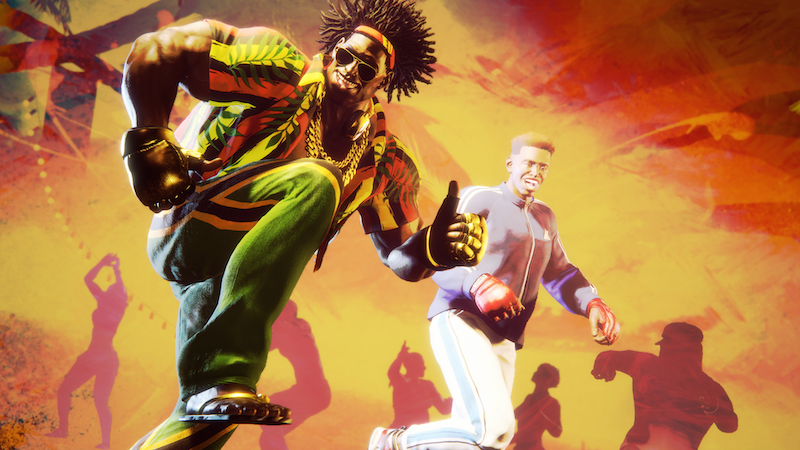
So, World Tour. It's the game's main Story Mode. You are your Avatar and you just enrolled as Luke's student, and so did this Bosch guy. After a brief introduction, you and Bosch explore the town a bit. Afterwards you two reunite with Luke, after which Bosch leaves you two behind. The rest of the story is basically finding Bosch again and finding out why he left. A very basic plot for what is essentially little more than a huge tutorial. In World Tour, you can travel to either Metro City or Nayshall, both of which act as the main hubs of the mode. You can also travel to any of the stages (they aren't much larger than their regular stage counterparts), which act as small areas to hold certain Masters and little else. In the main hubs, you can find mini-games that basically teach you timing of attacks or something similar but also earn you money, and you can also find side-quests that grant you rewards. These are also very tutorial-y, many hosted by the tutorial characters of Alice and her brothers, with only a handful of side-quests of actual substance. Seeing and getting to know Retsu was a highlight, but other than that I'd call it a Yakuza-lite. Lite A Dragon? Something along those lines. It's got the same ingredients, but they're not as fleshed out as a Like A Dragon game. The mini-games aren't that interesting and neither are the side-quests. I will say that I think fighting random thugs is about on par, of course being tailored more for traditional fighting games as opposed to a 3D beat 'em up, but it has more problems in scenarios where there are 2 or more enemies to fight against, such as getting stuck in infinite loops or getting attacked from both sides at the same time. World Tour is a good starting point, I just hope it will be updated alongside the game for the next 5 or so years SF6 will be Capcom's main fighting game. Add more side-quests, some more minigames, and maybe a proper post-game area as well (for enemies level 60+), and it might be able to stand together with some of the LAD games. As it is, it's a fun romp for however long it lasts, and I enjoyed the cameos. More of those, please.
Let's wrap this up. Street Fighter 6 is a great fighting game that can be enjoyed by basically everyone with the new Modern controls. It's got a ton of help for beginners to get into the game, such as Character Guides and World Tour. Pros can also enjoy a very complex fighting game, thanks to the depth of the Drive Gauge. Is it the best Street Fighter? Maybe. I could definitely see it lasting for the next 10 years as opposed to the 5 or so years each of IV and V lasted, especially if they update World Tour with new stuff as well (in addition to the Masters). My final message... pick up Street Fighter 6, and hit the streets!
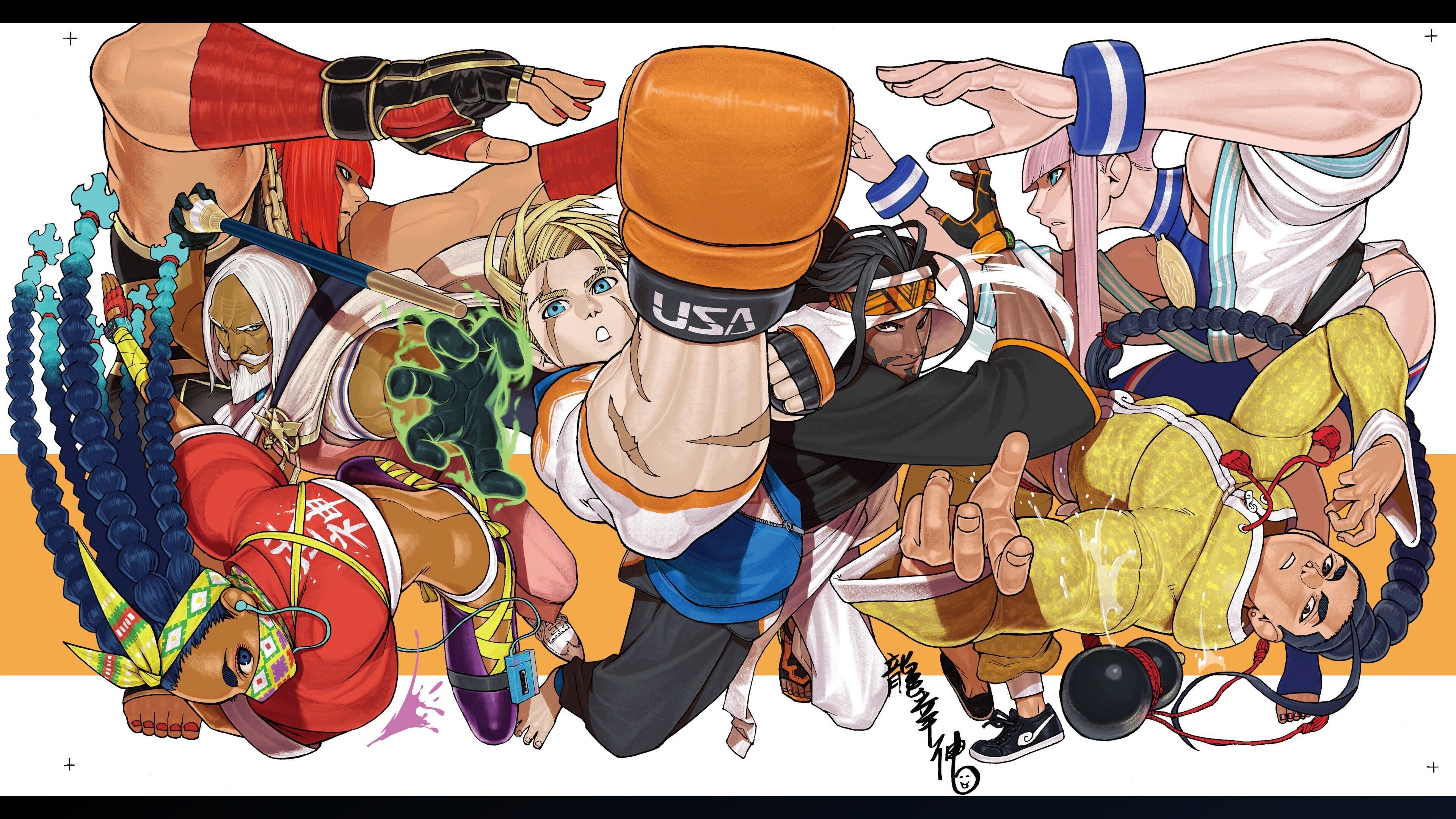 Art of the newcomers (featuring Rashid instead of Lily).
Art of the newcomers (featuring Rashid instead of Lily).